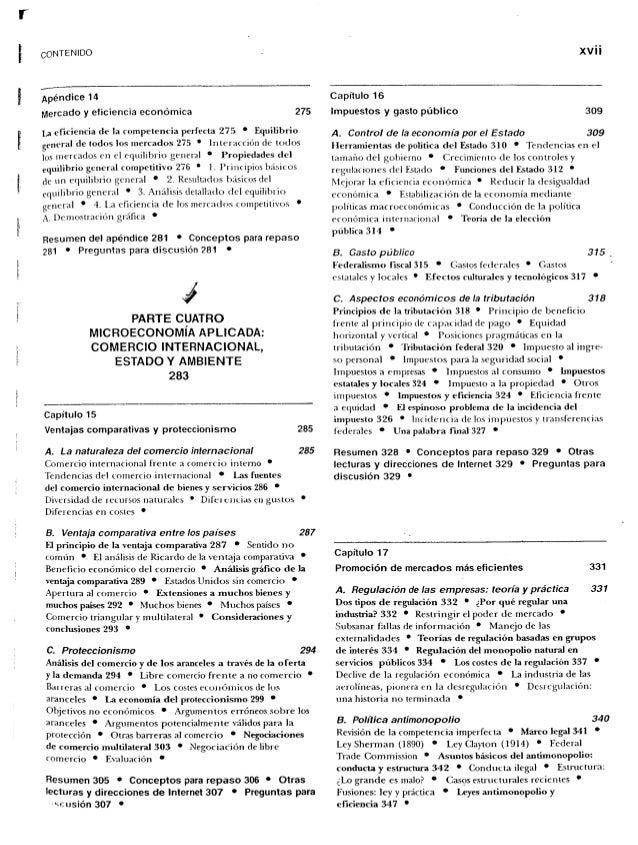Samuelson Nordhaus Economia Pdf
Posted By admin On 17/06/18Connect to download. Economia Samuelson 18 Edicion. We are delighted to announce the arrival of PDF Drive Premium with unlimited cloud space and. Samuelson, William D, Nordhaus: EconGmics – 16th ed.
Cable Tv Billing Software In Hyderabad. Contents • • • • • • • Education and career [ ] Nordhaus received his and from in 1963 and 1973, respectively, where he was a member of. He also holds a Certificat from the (1962) and a from (1967). He has been a member of the faculty at Yale since 1967 and has also served as its from 1986–1988 and its Vice President for Finance and Administration from 1992–1993.

His tenure as provost was among the shortest in the university's history. He has been on the since 1972. How To Chalk A Driver S License. During the administration, from 1977–1979, Nordhaus was a member of the. Nordhaus lives in,, with his wife, Barbara, a social worker in the. Writing [ ] Nordhaus is the author or editor of over 20 books. He is the co-author of the textbook, the original editions of which were written.

The book is currently in its 19th edition and has been translated into at least 17 other languages. He has also written several books on and, one of his primary areas of research. Those books include Managing the Global Commons: The Economics of Climate Change (1994), which won the 2006 Award for “Publication of Enduring Quality” from the Association of Environmental and Resource Economics. Another book, with Joseph Boyer, is Warming the World: Economic Models of Global Warming (2000). His most recent book is The Climate Casino: Risk, Uncertainty, and Economics for a Warming World. In 1972 Nordhaus, along with fellow Yale economics professor, published Is Growth Obsolete?, an article that introduced the (Index of Sustainable Economic Welfare) as the first model for economic assessment.
Nordhaus is also known for his critique on current measures of national income. He wrote, 'If we are to obtain accurate estimates of the growth of real incomes over the last century, we must somehow construct price indexes that account for the vast changes in the quality and range of goods and services that we consume, that somehow compare the services of horse with automobile, of Pony Express with facsimile machine, of carbon paper with photocopier, of dark and lonely nights with nights spent watching television, and of brain surgery with magnetic resonance imaging' (1997, 30).
Palda summarizes the importance of Nordhaus' insight as follows: 'The practical lesson to be drawn from this fascinating study of lighting is that the way we measure the consumer price index is severely flawed. Instead of putting goods and their prices directly into the index we should reduce all goods to their constituent characteristics. Then we should evaluate how these goods can best be combined to minimize the cost of consuming these characteristics. Such an approach would allow us to include new goods in the consumer price index without worrying about whether the index of today is comparable to that of ten years ago when the good did not exist. Such an approach would also allow governments to more precisely calculate the rate at which welfare and other forms of aid should be increased. At present such calculations tend to overestimate the cost of living because they do not take into account the manner in which increases in quality reduce the monetary cost of maintaining a certain standard of living.' Contributions on economics of climate change [ ] Nordhaus has written on the of.
He is the developer of the, of the interplay between economics, energy use, and climate change. A Question of Balance: Weighing the Options on Global Warming Policies was published by on June 24, 2008.
In Reflections on the Economics of Climate Change (1993), he states: 'Mankind is playing dice with the natural environment through a multitude of interventions – injecting into the atmosphere trace gases like the greenhouse gases or chemicals, engineering massive land-use changes such as deforestation, depleting multitudes of species in their natural habitats even while creating in the laboratory, and accumulating sufficient nuclear weapons to destroy human civilizations.' Under the models he has developed, in general those sectors of the economy that depend heavily on unmanaged – that is, are heavily dependent upon naturally occurring rainfall, runoff, or temperatures – will be most sensitive to climate change. Agriculture, forestry, outdoor recreation, and coastal activities fall in this category.' Nordhaus takes seriously the potentially catastrophic impacts of climate change. Nordhaus, who has done several studies on the, criticized the for its use of a low: The Review’s unambiguous conclusions about the need for extreme immediate action will not survive the substitution of discounting assumptions that are consistent with today’s market place. So the central questions about global-warming policy – how much, how fast, and how costly – remain open. The Review informs but does not answer these fundamental questions.